#selected poetry of john keats
Text
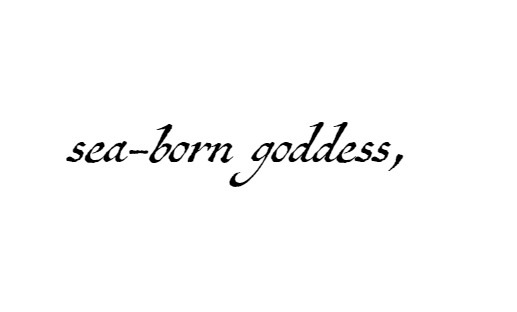
John Keats, from Selected Poems & Letters of John Keats; "Endymion,"
#lit#john keats#poetry#endymion#words#poetry collection#sea-born#fragments#ahh#selected poetry of john keats#goddess#p
1K notes
·
View notes
Text
“I burn’d And ached for wings.”
John Keats, “Ode on Indolence”, Selected Poems (Bloomsbury Poetry Classics)
#wehavewords#john keats#“Ode on Indolence” Selected Poems (Bloomsbury Poetry Classics)#words#quotes#life quotes#life#quotes about life#true words#favorite quotes#book inspiration
1 note
·
View note
Text
Valentine's Month Poetry Recommendations 💌
1. Classical (rhymed & metered poetry)
Bright Star by John Keats
To His Coy Mistress by Andrew Marvell
A Red, Red Rose by Robert Burns
Love's Philosophy by Percy Bysshe Shelley
How Do I Love Thee? by Elizabeth Browning
Amoretti LXXV by Edmund Spenser
When You Are Old by W.B. Yeats
I Loved You First by Christina Rossetti
I Am Not Yours by Sara Teasdale
To My Dear Husband by Anne Bradstreet
I Love You by Ella Wheeler Wilcox
Air and Angels by John Donne
Love and Death by Lord Byron
Now Sleeps the Crimson Petal by Tennyson
2. Modernist/Contemporary (free & blank verses)
Love Sonnet XI by Pablo Naruda
Unending Love by Rabindranath Tagore
[i carry your heart with me] by e.e. cummings
Bird-Understander by Craig Arnold
Mad Girl's Love Song by Sylvia Plath
For Keeps by Joy Harjo
Always For the First Time by Andre Breton
Love After Love by Derek Walcott
Any Lit by Harryette Mullen
To Be In Love by Gwendolyn Brooks
Valentine by Carol Ann Duffy
Desire by Alice Walker
Romantics by Lisel Mueller
Come, And Be My Baby by Maya Angelou
3. Written by Me (personal selection)
Amore Immortale by Shayan Das
Flawed Perfection by Shayan Das
I Love Thee Not by Shayan Das
A Song of Love by Shayan Das
If Only by Shayan Das
End of Eternity by Shayan Das
For My Valentine by Shayan Das
#poetry#poetry recs#poems#valentine's day#love#literature#book recs#romanticism#dark academia#light academia
200 notes
·
View notes
Text
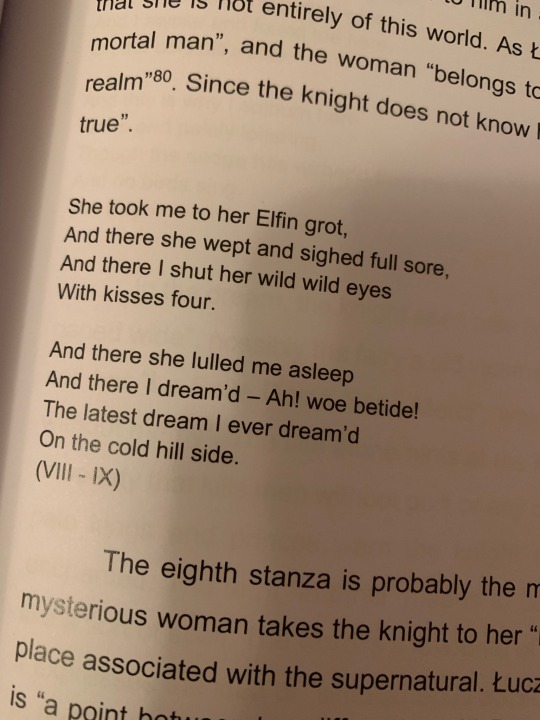
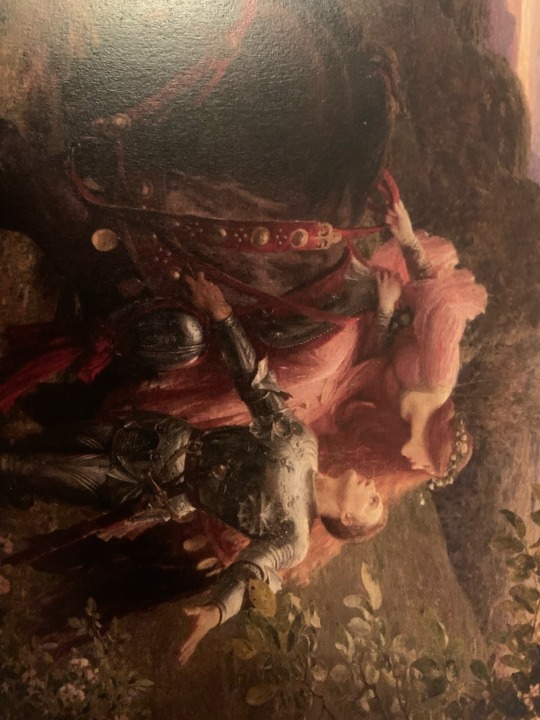
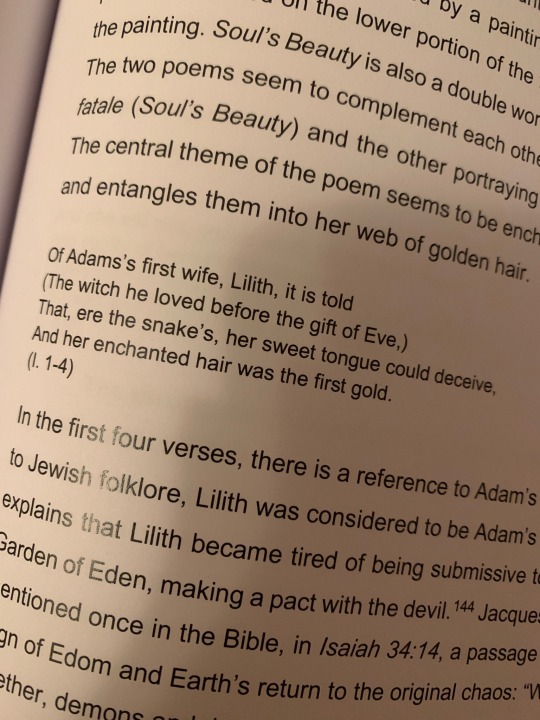
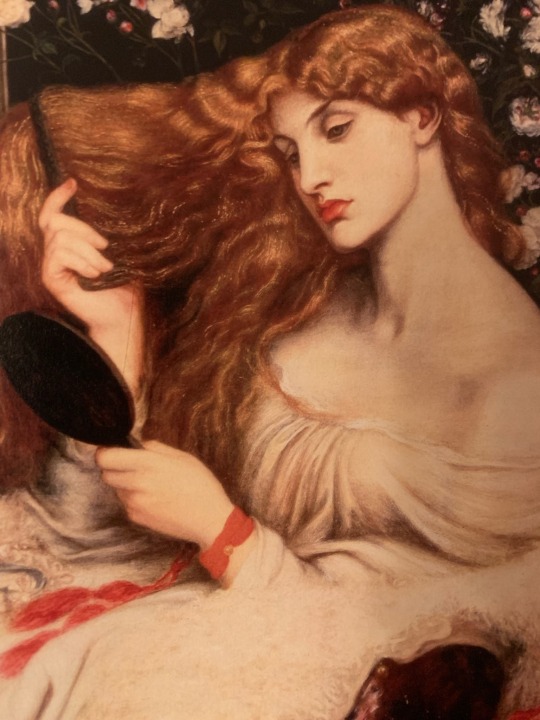
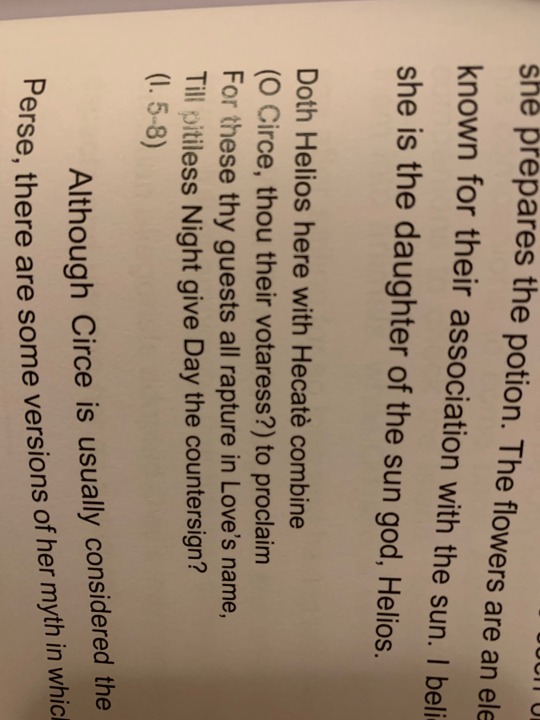
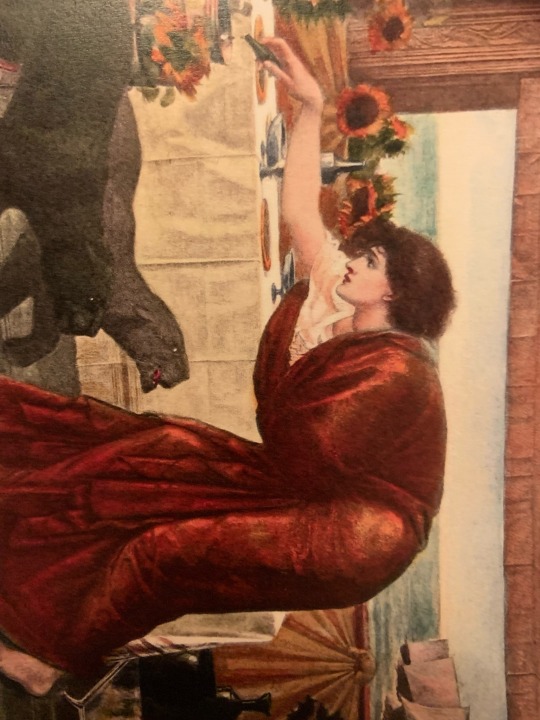
from the thesis i wrote for my bachelor's degree in languages and literature 🤍 it is titled "Femmes Fatales as Mythological Creatures in Romantic and Victorian Poetry". in it, i delve into the figure of the femme fatale, or fatal woman, as various mythological creatures, analysing selected poems by John Keats (my beloved), Percy Shelley and Dante Gabriel Rossetti.
#dark academia#light academia#books#quotes#english literature#romantic literature#romantic poetry#victorian#victorian literature#victorian poetry#john keats#percy shelley#dante gabriel rossetti#pre raphaelite#pre raphaelism
30 notes
·
View notes
Text
13 Books!
Thanks, @introvertia :-*
What’s up readers?! How about a little show and tell? Answer these 13 questions, tag 13 lucky readers and if you’re feeling extra bookish add a shelfie! Let’s Go!
1) The Last book I read:
Her Body and Other Parties - Carmen Maria Machado
2) A book I recommend:
Tell Me I'm Worthless - Alison Rumfitt
3) A book that I couldn’t put down:
Now, Conjurers - Freddie Kolsch
4) A book I’ve read twice (or more):
Howard's End - E.M. Forster
5) A book on my TBR:
The Fisherman - John Langan
6) A book I’ve put down:
Not Forever, But For Now - Chuck Palahniuk
7) A book on my wish list:
The Boys in the Valley - Philip Fracassi
8) A favorite book from childhood:
Sideways Stories from Wayside School
9) A book you would give to a friend:
Any of em unless I'm reading it or about to read it lol.
10) A book of Poetry or Lyrics you own:
John Keats: Selected Poems
11) A nonfiction book you own:
The White Album - Joan Didion
12) What are you currently reading:
Don't Fear the Reaper - Stephen Graham Jones
13) What are you planning on reading next?
The Exorcist - William Peter Blatty
Bonus Round Shelfie?
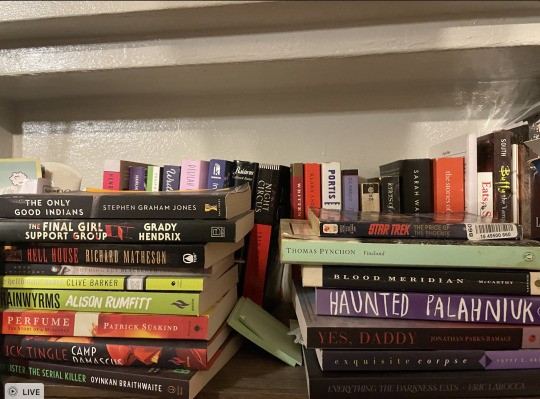
@stardustweare88 @arthurwilde @eternally-intermittent @twinkboimler @tinyfaust @android-and-ale
16 notes
·
View notes
Text

here is a list of different poetic forms that might help you get started if you’re feeling a bit stumped, unsure, or it might give you a challenge if you want to try something new! <3
Blank verse: Blank verse is poetry written with regular metrical but unrhymed lines, almost always in iambic pentameter.
Examples:


Villanelle: The villanelle is a nineteen-line poetic form consisting of five tercets (3 lines) followed by a quatrain (4 lines). There are two refrains and two repeating rhymes, with the first and third line of the first tercet repeated alternately at the end of each subsequent stanza until the last stanza, which includes both repeated lines.
Examples:
do not go gentle into that good night by dylan thomas
10 villanelle poem examples to study
Haiku: The haiku is of ancient Japanese origin. It usually contains 17 syllables in 3 lines of five, seven, five (though modern examples do not systematically follow that pattern). Haiku poems typically contain references to nature.
Examples:
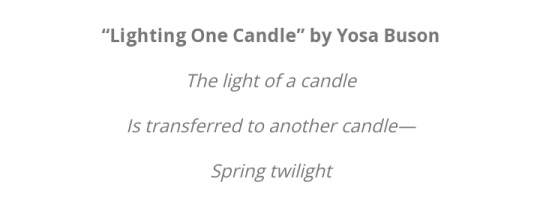
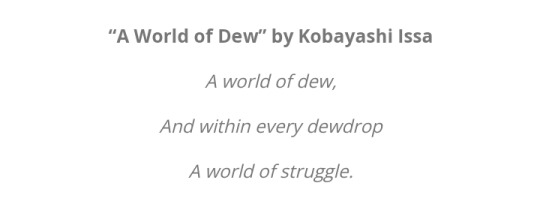

Sonnet: Traditionally, the sonnet is a fourteen-line poem written in iambic pentameter, employing one of several rhyme schemes, and adhering to a tightly structured thematic organization. The two main types of sonnets are the following:
• Shakespearean (or English) sonnet: three quatrains (4 lines) and a couplet (2 lines). Rhymes are ABAB, CDCD, EFEF, GG
• Petrarchan (or Italian) sonnet: divided into two stanzas, an octave (8 lines) followed by a sestet (6 lines). Rhymes are ABBAABBA + CDECDE or CDCDCD
Limerick: A limerick is a form of verse, usually humorous and frequently rude, in five-line, predominantly anapestic trimeter with a strict rhyme scheme of AABBA, in which the third and fourth lines are typically shorter.
Examples:


Elegy: A melancholy poem that serves the purpose of a lament for or a celebration of a deceased person.
Examples:
Elegies, Book One, 5 BY CHRISTOPHER MARLOWE
Lycidas, BY JOHN MILTON
Because I could not stop for Death, BY EMILY DICKINSON
Ode: An ode is a lyrical poem that expresses praise, glorification, or tribute, with the subject matter being a person, event, or idea. Classic odes contain three sections: a strophe, an antistrophe, and an epode—effectively a beginning, middle, and end.
Example:
Ode on a Grecian Urn, by JOHN KEATS
Concrete poem: Also known as visual poetry, it is essentially poetry which is shaped in a certain way which adds to its meaning.
Found poem: Found poetry is a form of poetry in which you create a poem by cutting up, remixing, or otherwise transforming an existing piece of text. (you can use dialogue from the show/scripts?)
Blackout poetry: Blackout poetry is the process out taking an already existing piece of text and blacking out the words save for a few select ones that take on new meaning.
#writing#writing poetry#poetry resources#poetry#poetic forms#how to write a poem#writing resources#resources#insp#buddie poetry event#poemsbybuddie
80 notes
·
View notes
Text
List of poets whose work I've posted:
Poetry Magazine selections
The Adroit selections
Diode Poetry selections
Sixth Finch selections
Ada Limon
Adam Zagajewski
Adonis
Allen Ginsberg
Amy Clampitt
Andrea Cohen
Anna Akhmatova
Anna Swir
Anne Sexton
Ben Johnson
Billy Collins
Cathy Linh Che
Carolyn Marie Rodgers
Chard deNiord
Christina Rossetti
Czesław Miłosz
Dalton Day
Denise Levertov
Dian Million
Donika Kelly
Dorianne Laux
Edward Hirsch
Elizabeth Bishop
Elizabeth “Sister Goodwin” Hope
Ellen Bryant Voigt
Gloria Bird
Gregory Orr
Gwendolyn MacEwen
Henry Wadsworth Longfellow
Jack Gilbert
James Hayford
James Longenbach
Jenny George
Jim Harrison
Joanna Newsom
John Berryman
John Dowland
John Keats
Jorie Graham
Joy Harjo
Kitchen McKeown
Kuhu Joshi
Langston Hughes
Linda Pastan
Lisel Mueuller
Louise Glück
Mary Karr
Mary Oliver
Mary Tallmountain
Matt Hohner
Matt Rasmussen
Matthew Arnold
Michael Gray Bulla
Miles Walser
Morag Smith
Natalie Diaz
Ocean Vuong
Penny Shutt
Phil Ochs
Phillip B. Williams
Roberta Hill Whiteman
Ronald Wallace
Ruth Stone
Sayat Nova
Sherman Alexie
Stephen Kampa
Sugawara no Michizane
Thomas Lux
T.S. Eliot
Wanda Coleman
W.H. Auden
Will Alexander
Wisława Szymborska
When the Light of the World Was Subdued, Our Songs Came Through: A Norton Anthology of Native Nations Poetry
myself
9 notes
·
View notes
Note
Hi I really like your blog and your writing. I havent really read anything substantial outside of stuff for school and literature kind of intimidates me but I want to get into Classics and plays and the stuff you talk about here.
Do you have any recommendations for starting places build some literary brain muscle?
Hello! First of all: THANK YOU! What an honor not only to have someone admire my taste, but to inspire the desire for self-growth and engagement with literature! And yes, I absolutely do have some recommendations :)
Plays: So I actually have an entire page on my blog dedicated to play recommendations! I need to update it and add a few things, but the top section is a list of all my favorite plays with summaries provided by moi. Best place to start is to just read those summaries and see what sparks your interest!
Literature: I’m going to keep this to my favorite fiction and poetry since that seems like what you’re after, but I’m also happy to give nonfiction and essay recs in the future if you’d like.
Books (in no particular order)
Jane Austen - Pride & Prejudice, Emma, Persuasion
Virginia Woolf - Mrs Dalloway, To the Lighthouse
Toni Morrison - Beloved, Recitatif (short story)
Monique Truong - Book of Salt
Pierre Choderlos de Laclos - Les Liaisons Dangereuses (Dangerous Liaisons)
James Baldwin - Giovanni’s Room
Ursula K Le Guin - The Dispossessed (my favorite book of all time), The Left Hand of Darkness, the Earthsea books
Ralph Ellison - Invisible Man
Franz Kafka - The Metamorphosis, A Report to an Academy (short stories)
Poetry:
Emily Dickinson. If you want specific poem recs that’s an entire post on its own
Open Me Carefully: Emily Dickinson’s Intimate Letters to Sue Huntington (composed of letters and poems so I put it here)
Audre Lorde. Everything but some favorites include The Workers Rose On May Day, Equinox, The Day They Eulogized Mahalia, Prologue, Change of Season, New Year’s Day, One Year To Life On The Grand Central Shuttle, Suspension, The Bees, and Memorial IV
Byron - Prometheus, Darkness, When We Two Parted
Claude McKay - Harlem Shadows (book)
Laura Gilpin - The Hocus-Pocus of the Universe (book)
Mary Oliver - Devotions (book, selection)
John Keats - When I Have Fears, Ode on a Grecian Urn, Ode to a Nightingale
William Blake - Songs of Innocence and of Experience (book), London
#anon#asks#literature#poetry#recs#I need to add tiny beautiful things. pipeline and Medea to my plays list lol#also like#I am not much farther ahead than you I only started regularly reading serious literature like 3 years ago#I have a lotttt left to go I’m working on building my own literary foundation
10 notes
·
View notes
Photo

The answer to this, no matter how prescriptive, can only be disguised autobiography. In one of the only “scientifically” useful things I ever posted to this website in 10 years, I recalled to the best of my ability what I was actually assigned to read in high-school English in a massive suburban public high school in the mid-to-late 1990s. I thought posting actual information would be better than the crude generalizations people (including me) usually make on this subjects. I was 17 between 11th and 12th grades, so you can see from the list what I read in school: 20th-century American literature at the end of 11th grade and a very selective world-literature curriculum in 12th grade consisting mainly of Sophocles, Beowulf, Chaucer, and Shakespeare.
Extracurricularly, I think of the summer between 11th and 12th grade—so the summer of my 17th year—as one of the most important in my reading life. This was where I made the final break with childish things. I had read comic books and genre fiction (not always but often very good: Ray Bradbury, Alan Moore) and a smattering of popular realism (Johns Steinbeck and Irving for preference) until then. But in that late spring and early summer, partially in school but mostly out of it, that I read not only Hemingway and Fitzgerald but also Melville (“Bartleby,” Billy Budd), Faulkner (As I Lay Dying, The Sound and the Fury), Morrison (Beloved, Paradise), Rushdie (The Ground Beneath Her Feet, The Satanic Verses), and DeLillo (Underworld).
These novels—along with the poetry I enjoyed (Keats, Eliot) and the monumental example set by Shakespeare (above all Hamlet and Lear)—ruined me forever for both fantasy and realism in their popular forms. I made instead a compact with the broad modernist tradition, which I can explain using that ever-“problematic” form/content distinction. Literature’s proper content is experience, life, history, reality, “a shout in the street,” not a wholly fantasized invention, not some other world that you “build”; form is your true arena of invention, the place you transfigure the real with your own sensibility and give the audience something new. This is what I learned on that magical, torrid, stormy summer; as I’ve recalled elsewhere, a storm put the power out for three days in July, so for three sweaty days in July I read Underworld by candlelight.
In this period I also began reading literary criticism seriously. The Western Canon was useful encouragement—I don’t buy Bloom’s theory overall, but he was always good to me as a rhapsode—and, more importantly, Sexual Personae, though I might have discovered that one at the beginning of my 18th year, I don’t quite remember the winter month. If the modernists from Melville to DeLillo shaped my commitments and concerns as a writer, I would say Paglia in concert with Morrison determined my social and political sensibility. They assured that I would never properly be right-wing or left-wing: the one side consisting of metaphysicians who would bar whole categories of person from the universe, the other side cultists of the demiurge who believe there is no limit whatsoever to reason’s design on nature and the spirit.
Now would I recommend that course of reading to a 17-year-old? Not any one book in particular, though in my years teaching in an English department, often to high-school students taking college courses, I introduced Shakespeare, Melville, Morrison, and DeLillo to many a 17-year-old (see my syllabi here and my online lectures here). More important is the level of reading; I hate when teachers patronize students, giving out what are essentially children’s books, or, worse, crude political polemics, in the first year of college.
The replies to the Tweet are dire in this regard—so many recommendations of the wretched Vonnegut. I couldn’t stand him as a teen and only forced my way through one of his books a few years ago so I could cogently explain why I hated it. His homespun nihilism and smug pseudo-naive prose make me vomit. I didn’t care for Salinger or Kerouac as a kid either. I came to appreciate them later but suspect at this late date they require a historical sensibility to enjoy. The world might be too different now for their styles to register to youth as immediate critique or relevant vitalism. For that kind of thing, I imagine today’s teens rely on online schizoposts. I like those too; just make sure you get to Hamlet eventually; hell, he schizoposts four or five times in that play.
2 notes
·
View notes
Photo

Wait for it....
“Heard melodies are sweet, but those unheard are sweeter.” There is doubtless truth in the poet's assertion, but it is also true that many readers of good poetry and prose gain a great deal from hearing literary works read well. The gain is both aesthetic and intellectual as the listener appreciates more clearly the rhythm, tone, and emphasis of the work he is listening to as well as reading.
The belief that excellent literary recordings offer the student both aesthetic and intellectual stimulation has led to the establishment this year of a listening room for Bob Jones University literature students. Recorded works available include dramas, narrative and lyric poems, short stories, and selections from novels.
Authors represented in the present collection include such poets as Chaucer, Spenser, Milton, Dryden, Coleridge, Browning, Keats, and Wallace Stevens; playwrights like Euripides and Shakespeare; and prose writers Poe, Hawthorne, Crane, and Hemingway. The recording artists are among the best interpreters of the present age.
Michael Redgrave, John Gielgud, Anthony, Quayle, Basil Rathbone, Judith Anderson, Pamela Brown, Edith Evans, and many others.
The listening room is equipped with four large study tables, each of which has eight stations. At present there are two turn-tables; eventually two tape recorders will be added to the facilities, making it possible for four recordings to be playing at one time.
The room is intended primarily for students to use during their study time. It will, however, be available for teachers to use during class periods when they wish to lecture on works included in the record collection.
This was not-at-all used by the time the 80s rolled around. But this? ...
It is estimated that the male population on the BJU campus gets at least 25,000 haircuts a year in Greenville. At the rate of $1.75 per haircut, some $38, 750 will be spent at local barber shops by students this school year.
Like this?
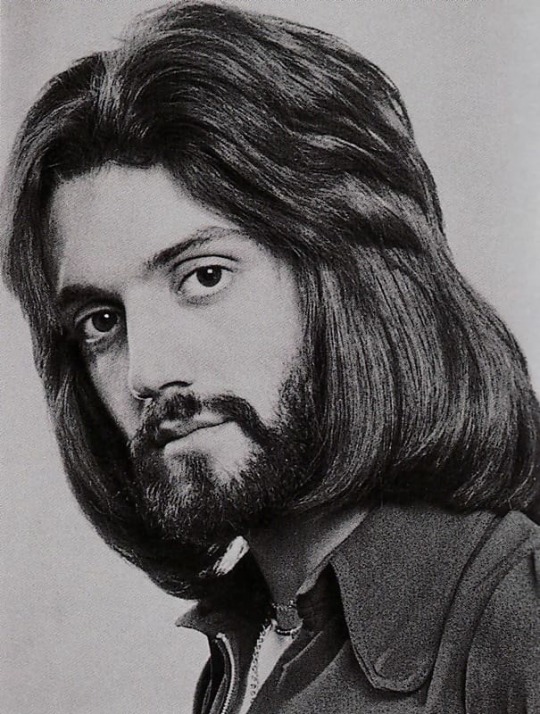
#Bob Jones University#1967#Greenville News#YeahTHATGreenville#Advertisement#Anniversary#Listening Library#Hair check
0 notes
Text
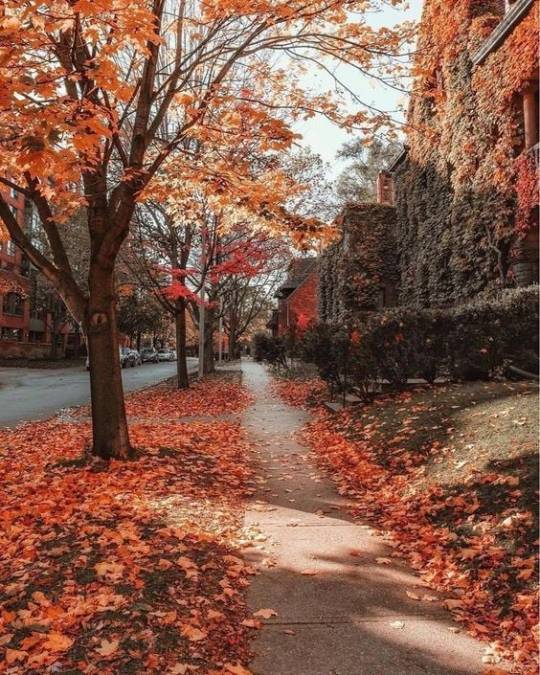
In the mid days of autumn, on their eves
The breath of Winter comes from far away,
And the sick west continually bereaves
Of some gold tinge, and plays a roundelay
Of death among the bushes and the leaves,
To make all bare before he dares to stray
From his north cavern.
John Keats, from “Isabella; or The Pot of Basil,” in Selected Poems (Bloomsbury Poetry Classics).
1 note
·
View note
Text
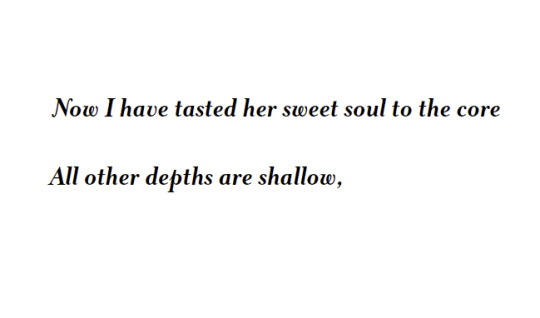
John Keats, from Selected Poems & Letters of John Keats; "Endymion,"
1K notes
·
View notes
Text

#Amreading#Newrelease: 150 Most Famous Poems: Emily Dickinson, Robert Frost, William Shakespeare, Edgar Allan Poe, Walt Whitman and many more by Poetry House
Welcome to the most comprehensive compilation of classic English poetry in a single volume.
Explore a world of timeless verse featuring the most famous English poems ever written, all within the pages of this remarkable poetry book. If you're seeking a literary treasure that encompasses centuries of poetic excellence, you've found it.
This poetry book comes in a generous 8x10-inch format, perfect for poetry lovers, literature students, and teachers or as an impressive addition to your collection.
The following 30 poems are a selection from the book's contents:
The Road Not Taken by Robert Frost
O Captain! My Captain! by Walt Whitman
Hope is the thing with feathers by Emily Dickinson
The Raven by Edgar Allan Poe
I carry your heart with me by E.E. Cummings
I like for you to be still by Pablo Neruda
All the world's a stage by William Shakespeare
Ode On A Grecian Urn by John Keats
Ode To The West Wind by Percy Bysshe Shelley
The Love Song of J. Alfred Prufrock by T.S. Eliot
My Last Duchess by Robert Browning
Stopping By Woods On A Snowy Evening by Robert Frost
Thanatopsis by William Cullen Bryant
A Red, Red Rose by Robert Burns
She Walks In Beauty by George Gordon Byron
Kubla Khan by Samuel Taylor Coleridge
Because I could not stop for Death by Emily Dickinson
Holy Sonnet: 10 by John Donne
A friend’s greeting by Edgar Albert Guest
Elegy Written In A Country Churchyard by Thomas Gray
Abou Ben Adhem by James Henry Leigh Hunt
If – by Rudyard Kipling
Recessional by Rudyard Kipling
Sonnet: 19. On His Blindness by John Milton
Poetry by Marianne Moore
Here I love you by Pablo Neruda
Annabel Lee by Edgar Allan Poe
Sonnet: 116 by William Shakespeare
Ozymandias by Percy Bysshe Shelley
Crossing The Bar by Alfred Tennyson
This remarkable English Poetry Anthology is a treasury of 150 of the Most Famous Poems spanning the centuries, from the enchanting verses of the Middle Ages to the timeless elegance of the 20th century. These celebrated poems stand as enduring masterpieces of English Literature, their profound words inspiring and resonating with people from every corner of the globe.
This version has been updated and revised as of October 2023.
Order YOUR Copy NOW: https://amzn.to/45AVvAV via @amazon
#Poetry#poetsoftwitter#kindle#kindleunlimited#Bestseller#poetrymonth#poetrybook#bestofpoems#englishpoems#englishpoetry#PoetryAnthology#ClassicPoems#EnglishPoetry#FamousPoems#classicpoetry#emilydickinson#poetrygifts#shakespearepoems#Bestsellerbooks#poetrybooks#famouspoems
1 note
·
View note
Text
John Keats: The Complete Poems (Penguin Classics)
The complete poems of an English master
Keats's first volume of poems, published in 1817, demonstrated both his belief in the consummate power of poetry and his liberal views. While he was criticized by many for his politics, his immediate circle of friends and family immediately recognized his genius. In his short life he proved to be one of the greatest and most original thinkers of the second generation of Romantic poets, with such poems as 'Ode to a Nightingale', 'On First Looking into Chapman's Homer' and 'La Belle Dame sans Merci'. While his writing is illuminated by his exaltation of the imagination and abounds with sensuous descriptions of nature's beauty, it also explores profound philosophical questions.
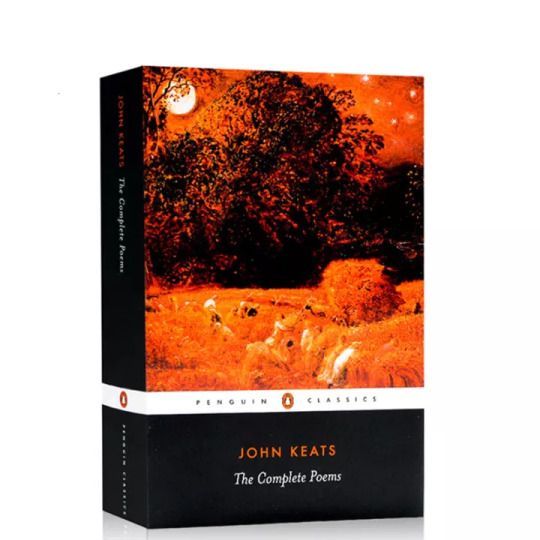
Shop Now
John Barnard's acclaimed volume contains all the poems known to have been written by Keats, arranged by date of composition. The texts are lightly modernized and are complemented by extensive notes, a comprehensive introduction, an index of classical names, selected extracts from Keats's letters and a number of pieces not widely available, including his annotations to Milton's Paradise Lost.
For more than seventy years, Penguin has been the leading publisher of classic literature in the English-speaking world. With more than 1,700 titles, Penguin Classics represents a global bookshelf of the best works throughout history and across genres and disciplines. Readers trust the series to provide authoritative texts enhanced by introductions and notes by distinguished scholars and contemporary authors, as well as up-to-date translations by award-winning translators.

Paperback – August 25, 1977 by John Keats (Author), John Barnard (Editor)
1 note
·
View note
Text
Selected Poems of Percy Bysshe Shelley
Selected Poems of Percy Bysshe Shelley
Like his great contemporaries, John Keats and Lord Byron, Shelley suffered an untimely death, but still managed to stun the world with a wide-ranging body of work, including poetry, drama, and criticism. His poetry is that of a young man, a lover of nature and fiercely critical of institutionalized corruption, and virtuosic in his use of language and imagery.
Anthologist George Herbert Clarke…

View On WordPress
0 notes
Text

— John Keats, from “Ode to a Nightingale”, “John Keats: Selected Poems”
28 notes
·
View notes